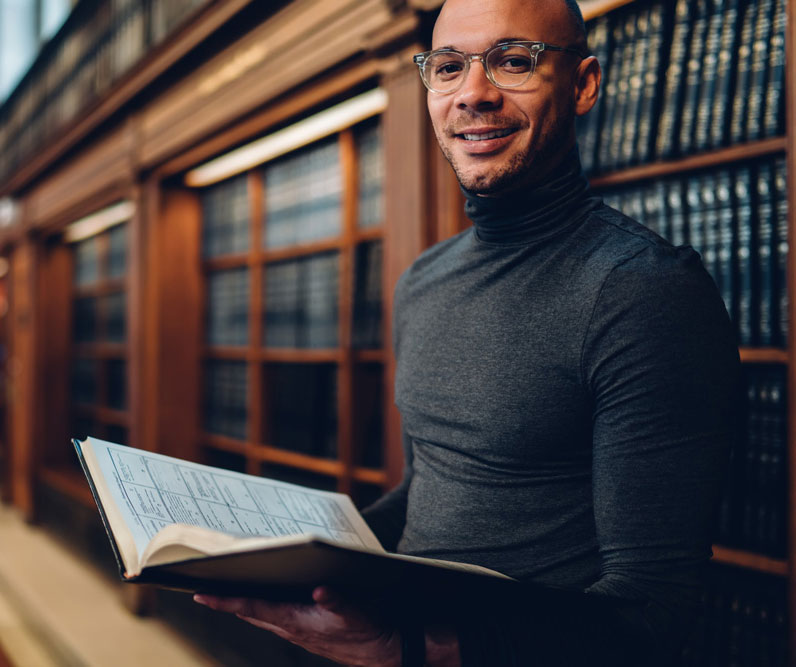“You have learned how it was said, ‘You must love your neighbor and hate your enemy.’ But I say this to you: love your enemies and pray for those who persecute you” (Matthew 5:43).
Enmity transformed into compassion is a theme that runs through the writings of the Russian poet, Yevgeny Yevtushenko. In his autobiography, Yevtushenko tells the story of the day in 1944 when his mother took him from Siberia to Moscow. There they saw some 20,000 German prisoners of war being marched through the streets:
The pavements swarmed with onlookers, cordoned off by soldiers and police. The crowd was mostly women — Russian women with hands roughened by hard work, lips untouched by lipstick, and with thin hunched shoulders which had borne half the burden of the war. Every one of them must have had a father or husband, a brother or a son killed by the Germans. They gazed with hatred in the direction from which the column was to appear.
At…
To view this resource, log in or sign up for a subscription plan
